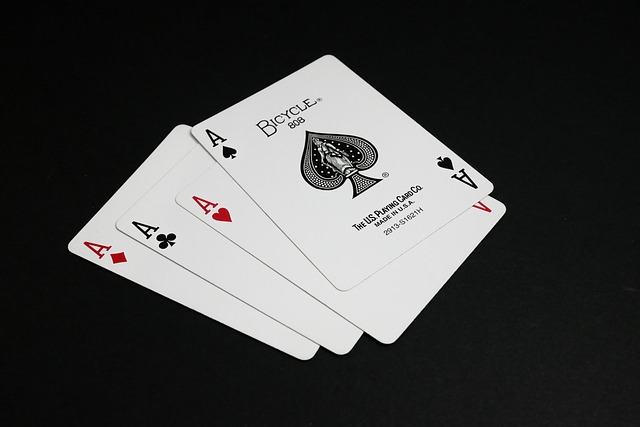Online poker tournaments have become immensely popular in recent years, attracting players from all skill levels and backgrounds. While many beginners start by learning the basics, such as hand rankings and basic strategies, to truly excel in online poker tournaments, you need to delve deeper into the advanced strategies that separate the amateurs from the pros. Before your next game at HellSpin, let’s explore some advanced strategies that can help you gain an edge in online poker tournaments and increase your chances of success.
Table Dynamics
Understanding table dynamics is crucial in online poker tournaments. Unlike cash games where the chips represent real money, tournaments have a changing structure with increasing blinds and antes. As a result, players become more aggressive and tend to tighten their ranges as the tournament progresses.
To exploit table dynamics, consider the following:
a. Position: Use your position wisely. In late position, you can play a wider range of hands and steal blinds more often. In the early position, be cautious and play premium hands.
b. Opponent Tendencies: Pay attention to your opponents’ playing styles. Exploit tight players by stealing their blinds, and be cautious against aggressive players who may re-raise frequently.
c. Chip Stack Awareness: Adjust your strategy based on your chip stack. If you’re short-stacked, look for opportunities to go all-in or double up. If you’re a big stack, pressure your opponents and accumulate more chips.
Aggression Wins Tournaments

In tournament poker, aggression is your friend. While tight play can help you survive in the early stages, increasing your aggression as the blinds rise can lead to more profitable situations. Consider these strategies:
a. Stealing Blinds: Be willing to steal blinds and antes when you’re in a late position with a decent hand or even a semi-bluff. This can help you accumulate chips without having to show your cards.
b. Isolate Short Stacks: When a short-stack goes all-in, consider isolating them by re-raising. This puts pressure on other players to fold and increases your chances of winning against the short-stack.
c. Continuation Betting: Make well-timed continuation bets to represent strength, even if you didn’t hit the flop. This keeps your opponents guessing and can lead to them folding strong hands.
ICM (Independent Chip Model) Considerations
In the late stages of a tournament, understanding the concept of ICM is crucial. ICM takes into account the real money value of your tournament chips and helps you make decisions that maximize your equity in the tournament.
a. Bubble Play: Near the bubble, when a few players are about to be eliminated before the money, play cautiously to secure a cash finish. Avoid confrontations with other big stacks unless you have a strong hand.
b. Adjusting Strategy: Be prepared to make tight calls or folds based on ICM considerations. Sometimes, it’s more profitable to fold a hand that would be an easy call in a cash game.
Hand Reading and Player Notes

Advanced players spend a lot of time on hand reading and taking notes on opponents. By paying close attention to betting patterns, tendencies, and showdowns, you can gain valuable information about how your opponents play.
a. Player Notes: Keep detailed notes on your opponents, including their playing style, hand ranges, and any tendencies you’ve observed. This information can be invaluable in future encounters.
b. Range Narrowing: Practice narrowing down your opponents’ possible hand ranges based on their actions. This helps you make better decisions, such as whether to call, raise, or fold.
Mental Game and Bankroll Management
Your mental state and bankroll management are often underestimated factors in tournament success. Avoid tilt (emotional frustration after a bad beat) and practice proper bankroll management to ensure long-term success.
a. Tilt Control: Learn to manage your emotions and avoid making rash decisions when you’re on tilt. Take breaks when necessary and maintain a clear mindset.
b. Bankroll Management: Separate your poker bankroll from your personal finances. Set strict limits on the percentage of your bankroll you’re willing to risk in a single tournament to ensure long-term sustainability.











+ There are no comments
Add yours